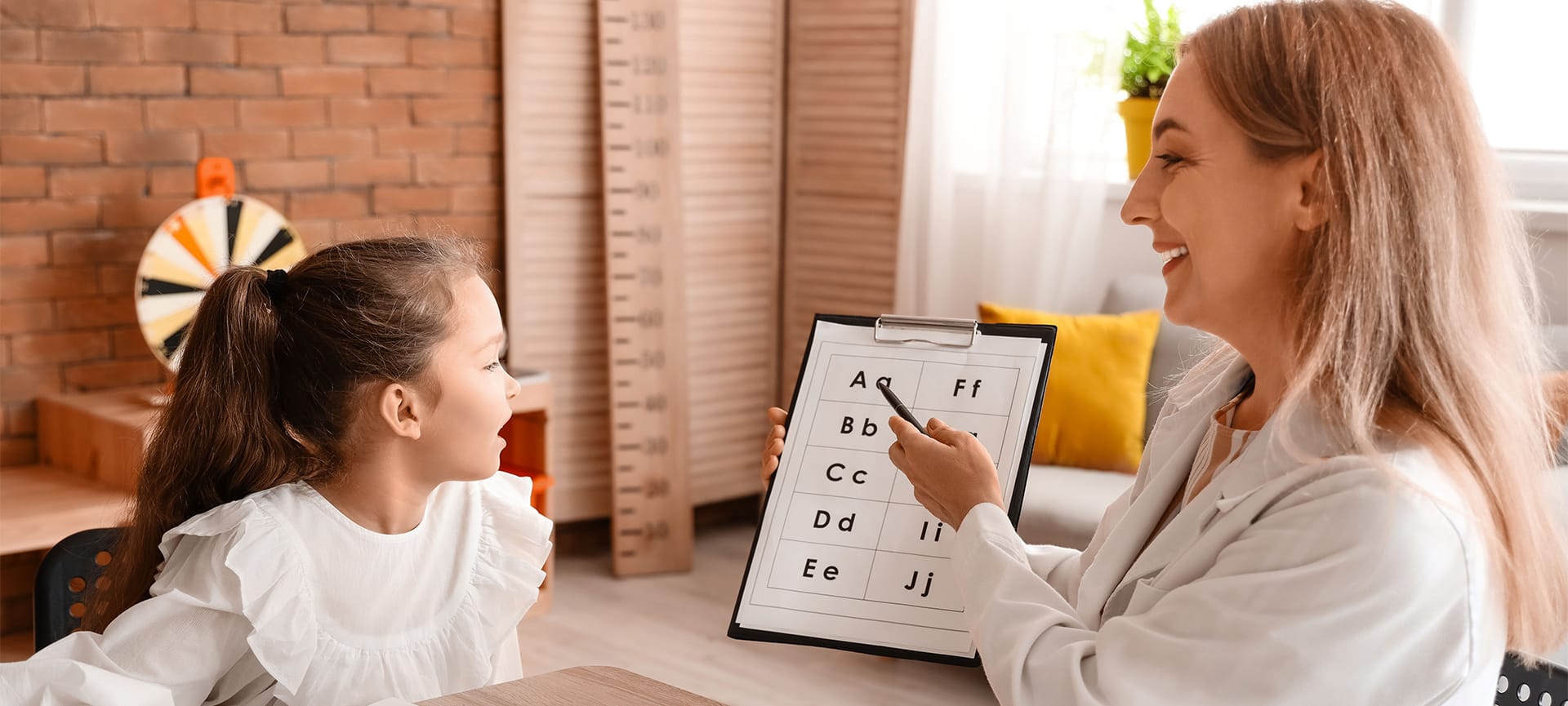Screen Time and Language Development

As a parent, some days might be easy to get through. But other days can be difficult. You’re moving from place to place, from room to room, cooking, cleaning – there’s just so much to do! Some days you just need a moment to collect yourself and get some peace and quiet. Screens are all around us, every single day. It can be simple to just plop a device in front of your child while they become absorbed into a fast-paced colourful screen.
But, how is that screen time affecting your child’s development?
Your child’s first word, when they start to combine words, when they start to ask questions and inquire about the world. It’s so exciting to witness all these moments and milestones, and we want to give children the means to reach these goals.
Within in the first few years of life, children are going through a critical period. Their brain will begin to make connections, and is very sensitive to their environment. Language acquisition and development occurs more readily during this time – especially, when they are in rich and stimulating language environments.
In studies where toddlers were exposed to greater amounts of screen time, they were found to be more likely to have delayed expressive language skills (i.e., they were observed to produce fewer words). Specifically, for each additional hour of video that 8- to 16-month-old infants watched in a day, they said an average of six to eight fewer words [4]. A study also found that for every 30-minute increase in daily handheld screen time, there was a 49% increased risk of expressive language delay [1].
We can see from these studies, that children aren’t getting enough input within their environment, causing a delay in their language development.
How much is too much?
The Canadian Pediatric Society recommends that:
The American Academy of Pediatrics recommends that parents of two- to five-year-old children:
- select high-quality programs
- watch videos with their child
- talk with their child while watching videos
- connect what their child sees to their everyday experiences[2]
So, who is the better teacher? You, or a screen?
You of course! We know that children don’t learn well from screens, and screen time can impact language development. Our children learn and grow best by us interacting with them and having fun! When in the house, you can talk about what you’re doing. When you are out on a walk, you can point out what you see or hear. When playing or reading, you can get down to their level to be face-to-face to let them see your mouth as you speak and see how you are feeling! Have fun in your everyday interactions. That’s where the best language learning takes place! [3]
- American Academy of Pediatrics (2017). Handheld Screen Time Linked with Speech Delays in Young Children. Retrieved from https://www.healthychildren.org/English/news/Pages/Handheld-Screen-Time-Linked-with-Speech-Delays-in-Young-Children.aspx
- Canadian Pediatric Society (2017). Screen time and young children: Promoting health and development in a digital world. Retrieved from https://www.cps.ca/en/documents/position/screen-time-and-young-children
- Da Silva, B. (2017). The Effects of Young Children’s Screen Time. Retrieved from https://www.parentinginottawa.ca/en/babies-and-toddlers/the-effects-of-young-children-s-screen-time.aspx
- Zimmerman, F. J., Christakis, D. A. & Meltzoff, A. N. (2007). Associations between Media Viewing and Language Development in Children Under Age 2 Years. The Journal of Pediatrics, 151, 364-368.




